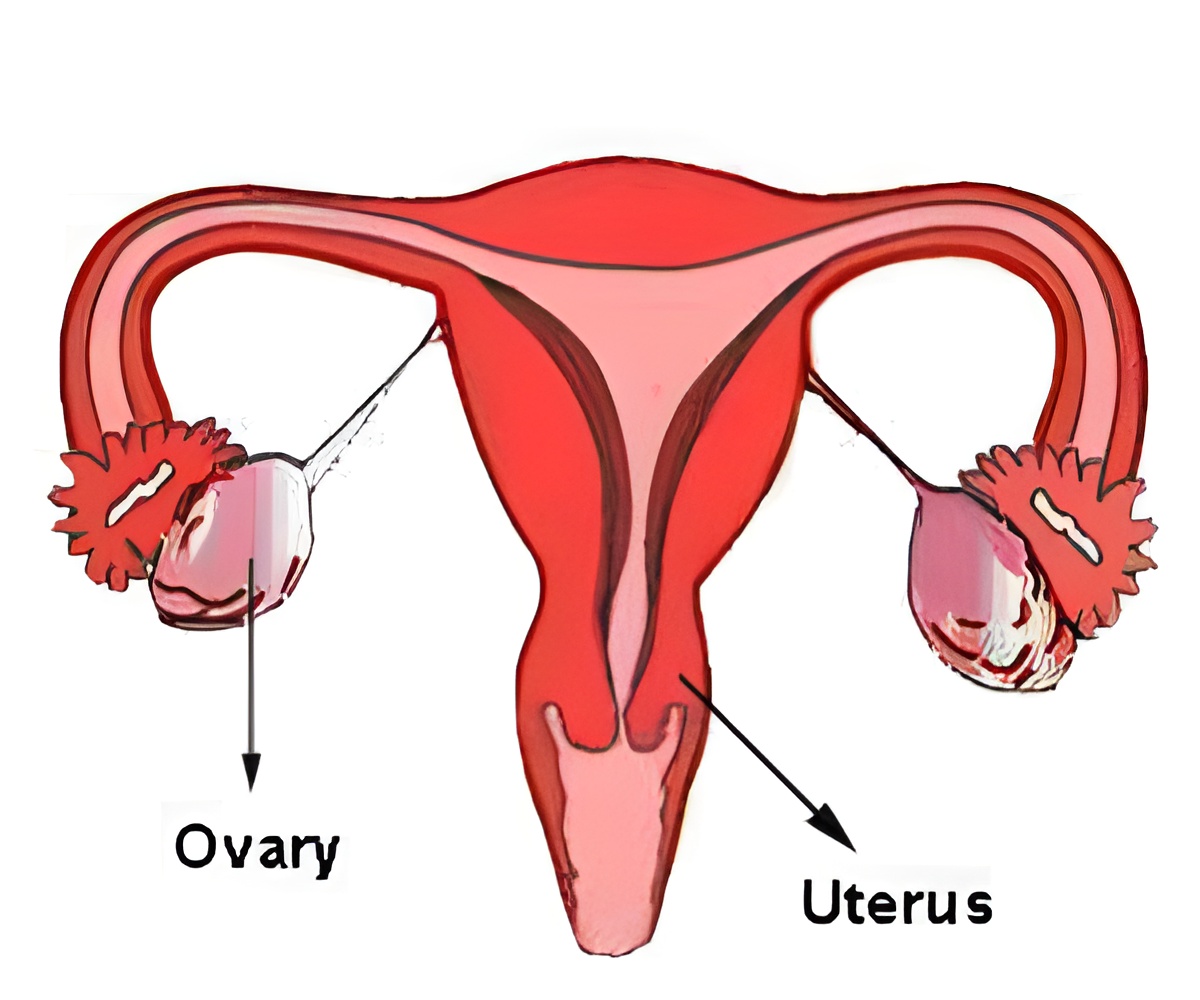FDA approval last week facilitates nationwide use of tools that show the greatest specificity in estimating the risk of ovarian cancer in women with a pelvic mass.

The combination of blood tests and the ROMA algorithm were developed through the research of a team led by Richard G. Moore, MD, a gynecologic oncologist with the Program in Women's Oncology at Women & Infants Hospital of Rhode Island and director of the Center for Biomarkers and Emerging Technology. Dr. Moore is the lead author of a multi-center study investigating the use of HE4 and CA125 to determine ovarian cancer risk.
"Using ROMA with HE4 and CA125 significantly improves our ability to identify women who are at high or low likelihood of ovarian cancer when they present with an ovarian cyst or mass," explained Dr. Moore, who is also an assistant professor of obstetrics and gynecology at The Warren Alpert Medical School of Brown University.
The CA125 test has been the gold standard for monitoring patients diagnosed with ovarian cancer. The test, however, is limited in its sensitivity and specificity as well as its ability to detect all types of ovarian cancer. HE4 has been shown to be elevated in epithelial ovarian cancers, the most common type of ovarian cancer, but not elevated in many benign gynecologic diseases. Combining physician assessment with the independently validated ROMA algorithm more accurately stratifies benign disease from ovarian cancer in women who present with a pelvic mass. It also enables physicians to identify those patients at high likelihood of malignancy who should have their surgery performed by a gynecologic oncologist.
"Patients who have ovarian cancer have better outcomes when their surgery is performed by a gynecologic oncologist at centers experienced in the management of this disease," Dr. Moore said. "This combination test will change the way doctors diagnose and treat ovarian cancer."
Ovarian cancer is called a "silent killer" because it is difficult to diagnose with symptoms that are easily confused with other non-cancerous conditions. Three quarters of ovarian cancer cases are diagnosed at an advanced state, when the disease is more difficult to treat. Of patients who are diagnosed early (Stage I-II), more than 90 percent will live past five years. However, only one quarter of cases are diagnosed in the early stages.
Advertisement
Clearance of ROMA as a risk-stratification tool is based on results of a prospective, double-blind, multicenter trial involving 472 women with pelvic mass who were scheduled for surgical intervention. Blood samples were obtained from these women to measure for levels of HE4 and CA125. Two separate algorithms for premenopausal and postmenopausal women stratified patients into low- and high-risk groups. All patients then underwent surgical removal of the pelvic mass, and if a patient was diagnosed with an epithelial ovarian cancer, surgical staging was required by protocol. All tissue specimens were examined to verify the diagnoses made by study site pathologists.
Advertisement
The combined HE4 and CA125 algorithm was found to be highly accurate in assigning patients to risk groups, with 95 percent of epithelial ovarian cancers correctly classified as high-risk.
"The ROMA test, by improving the sensitivity and specificity of methods to stratify patients with ovarian cancer, is expected to help thousands of women determine their risk for ovarian cancer and enable those who are at risk to be referred to a gynecologic oncologist – a benefit that may improve treatment outcomes," said Paul Touhey, president and chief executive officer of Fujirebio Diagnostics, which manufactures the algorithm. "With this increased ability to improve referral patterns, as well as a price that is comparable to CA125 testing, the health care costs involved with cancer diagnosis and treatment should decrease significantly."
Source-Eurekalert











